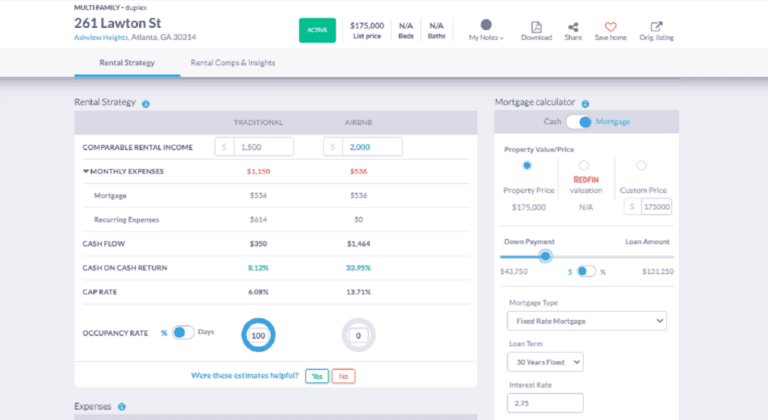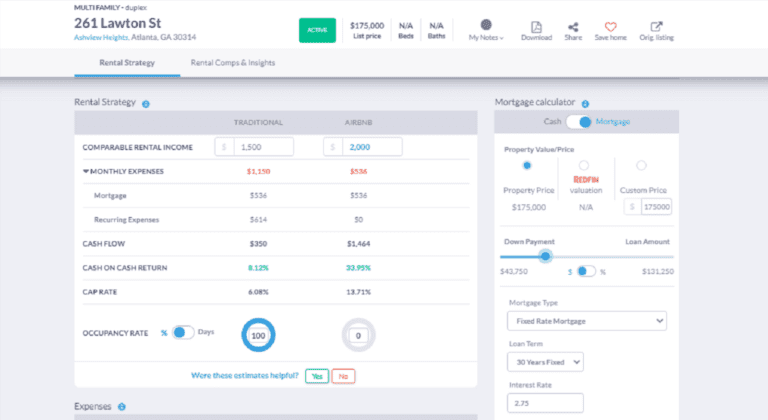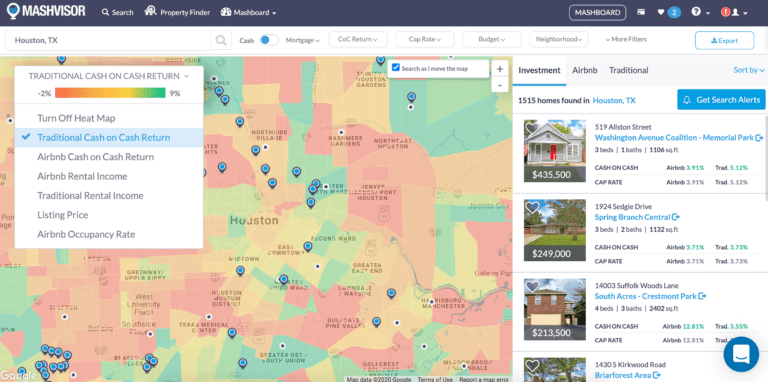Multifamily Syndication: The Beginner Real Estate Investor’s Guide
2021 Price to Rent Ratio in the US Housing Market: What Should Investors Expect?
Ever wondered how to buy multifamily property with no money or little money down? There are several strategies you
could use including finding a private money lender, borrowing from a hard money lender, or looking for an equity share investor. However, one strategy that has become increasingly popular over recent years is multifamily syndication.
So, what is multifamily syndication?
Let us begin with the basics. A real estate syndicate refers to a group of investors that pool their money to build or purchase property. Therefore, multifamily syndication is where a group of investors pool their resources to buy a large property like an apartment complex. Other types of real estate syndications focus on hotels, manufactured home parks, self storage, student housing, land development, warehouses, and more.
Ways to invest in multifamily syndication
There are two ways of investing in multifamily syndication: as a sponsor or as a passive investor.
Sponsor
Also known as the General Partner (GP), syndicator, or operator, the sponsor plays a vital role in the investment process. This is the group or person that:
- Finds and underwrites the deal
- Secures financing
- Negotiates the price and terms with the seller
- Completes the due diligence
- Finds and educates investors
- Acquires the investment property
- Works with the property management team
Besides investing his/her time, the sponsor also invests a significant amount of money. This is usually anything between 5-20% of the total capital required to buy the investment property.
Related: How to Start a Real Estate Syndication Company: A Step-by-Step Guide
Passive investor
Passive investors are also referred to as Limited Partners (LPs). These are people who invest money in the deal, but have no active responsibilities in the purchase of the investment property and the management of the asset afterwards.
Who can invest in multifamily syndication?
Usually, a real estate syndicate is only accessible to ‘accredited investors’. According to the U.S. Securities and Exchange Commission (SEC), an accredited investor is a person who has an annual income of at least $200,000 or a net worth of no less than $1 million (excluding the value of the individual’s primary residence). For more resources and information, visit the SEC site.
Meanwhile, multifamily syndications that are 506(b) offerings are open to unaccredited investors that are ‘sophisticated’. This refers to people who have sufficient investing experience, as well as a pre-existing ‘substantive relationship’ with the General Partner.
How to Make an Offer on a House That Is Overpriced
Should you invest in a multifamily syndication?
Before jumping into multifamily syndication, it is important to understand the pros and cons of this kind of investment for all parties involved.
Pros for the syndicator
- Leverage – On your own, you might not have enough financial resources to invest in a multifamily property. In other words, syndication allows you to leverage the capital of other investors and make a significantly larger real estate investment.
- Control – Being a sponsor allows you to have control over the management of the rental property on behalf of the entire team.
- Equity and appreciation – A major benefit for sponsors is the equity that usually increases over time. The property can also experience a drastic appreciation in value through renovations.
- Tax benefits – Due to the continual depreciation of the investment property, your rental income will be taxed at a much lower rate compared to any other investment.
Related: 7 Real Estate Tax Benefits to Take Advantage Of
Cons for the syndicator
- High set-up costs – The initial cost of setting up a multifamily investment is very high. This is something you should take into consideration if this is the first time that you invest in multifamily homes.
- Raising funds is not easy – Mobilizing investors and raising enough money is not easy.
Pros for the investor
- Cash flow – Investing in a multifamily syndication means that you can enjoy a passive income while leveraging the experience and skills of the General Partner.
- Freedom – If you don’t have the interest or time for being a landlord, syndication is a great way of investing in real estate.
- Inflation hedge – In general the increase in the value of real estate properties exceeds the rise in inflation. This makes investing in a multifamily syndication a perfect hedge against inflation.
Cons for the investor
- Highly dependent on the sponsor – As mentioned earlier, the sponsor handles all the responsibilities involved in multifamily syndication. If the operator is incompetent or inexperienced, you could lose a lot of money, which means that you should conduct careful check on the experience and background of the sponsor beforehand.
- Lack of liquidity – Investing in a syndication means that your money could be tied up for several years. You can’t just call your broker anytime and pull out of the deal.
- Lack of control – Besides having your money tied up, you also don’t have any control over the investment itself. The sponsor makes all the decisions: when to renovate, refinance, or even sell. To maximize your profit, you should thoroughly study the sponsor’s competence before getting started.
- Sensitive to market cycles – All real estate investments are subject to market cycles. When the market slumps, so will your earnings.
Finding multifamily syndication deals to invest in
As a sponsor, successful multifamily syndication begins with finding the right property to invest in. One of the best places to find great deals is the Mashvisor Property Marketplace. This is a platform where you can find off market multi-unit properties like foreclosure homes, auction homes, short sales, and bank owned homes. To narrow down your search, you can use multiple filters like budget, rental strategy, location, property type, number of bathrooms, number of bedrooms, and listing type. After setting the filters, the Mashvisor Property Marketplace will show you the properties with potential for a high return on investment.
Find a Profitable Multi Family Property
Related: The Only Real Estate Marketplace You Need to Visit
Next, you can make use of Mashvisor’s Multifamily Deal Analyzer to evaluate the expected performance of multifamily properties for sale. This tool uses predictive analytics and real estate data to estimate the monthly rental income, rental expenses, cash flow, occupancy rates, cap rate, and cash on cash return.

Mashvisor’s Multifamily Deal Analyzer
To learn more about how Mashvisor can help you find profitable investment properties, schedule a demo with our Product Specialist team.
As an investor, you don’t have to worry about finding a profitable property. However, Mashvisor can still help you get started. You can learn all you need to know about multifamily syndication deals by reading about real estate blog as well as by networking with established professionals in the real estate investing space or other beginner investors. Before investing in any passive real estate investment, be sure to do some due diligence on the sponsor. Don’t forget to conduct investment property analysis using our multifamily deal analyzer. You can also use Mashvisor’s investment property calculator to analyze whether a project is worth investing in or not. With this tool, you can estimate the potential profitability of an income property in terms of cash flow, cash on cash return, and cap rate.
To get access to our real estate investment tools, click here to sign up for Mashvisor today and enjoy 15% off.
Conclusion
Real estate syndication is a relatively complex investment strategy, but it is doable if you have the right resources and motivation. What this means is that you should take the time to educate yourself about how to syndicate a real estate deal by reading real estate blogs, attending webinars, or even listening to a real estate podcast. The more informed you are, the less your chances of making a mistake are. Remember to use the most trusted real estate investment software to evaluate the profitability potential of multifamily cash flow properties.
Start Your Investment Property Search!
Investment Property AnalysisInvestor ToolsMulti FamilyReal Estate EducationSyndication
How to Rent Your House: The 8-Step Guide to Success





Recent Comments